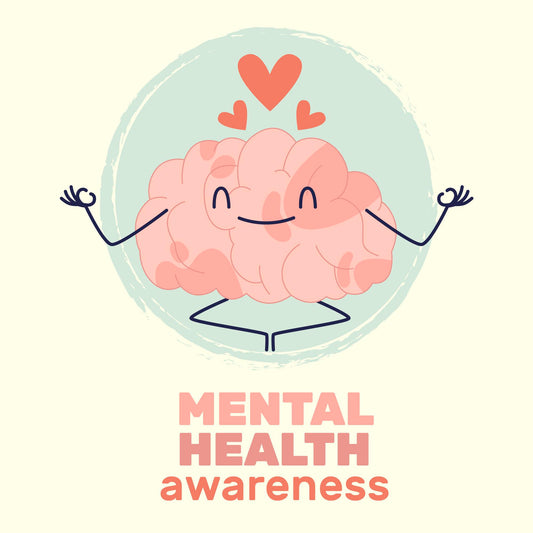
Masters athletes, usually classified as individuals 35 – 40 years of age and over, subject to the sport, are a growing population. As humans progress beyond middle-age, some noteworthy changes commonly occur. Sarcopenia (loss of muscle cells), increased body fat, performance loss, and reduced flexibility are common properties of aging. This is mainly because the average adult has a critically reduced activity level and becomes more and more sedentary, which leads to a loss in muscle mass (atrophy); in the completely deskbound older adult, this loss is exacerbated by sarcopenia. In reality, barbell training is the best treatment for the deterrence of all of these age-related problems. When novice masters trainees start a programme, the progression is the same for that of a younger novice; all the same guidelines apply, within the framework of reduced recovery capacity and the preliminary physical condition of the individual. The bottom line is that unless a person has noteworthy pathology or is post-geriatric, that individual can benefit from a weight training programme.
For the trainee over 50, some modifications must be made to recompense for the loss of physical strength that transpires as a human ages. The 2 primary differences between old and young trainees are the speed at which recovery and adaptation happen (much slower for older adults), and the incapability to execute certain exercises properly. The point is that older trainees adapt more sluggishly to training stress, and often start from a much profounder strength and fitness shortage than a novice in his or her twenties. When planning a training programme for an older trainee, it is convenient to start with the aforementioned basic ‘Starting Strength Model’ and then go from there. Largely, the only modification is to reduce the frequency of training as needed to perhaps twice a week as recovery permits.
Bibliography
- Kilgore, Lon, and Michael Hartman. Fit. Iowa Park, Tex.: Killustrated Books, 2011.
- Rippetoe, Mark, and Lon Kilgore. Practical programming for strength training. 2nd ed. Wichita Falls, TX: Aasgaard Co., 2009.







